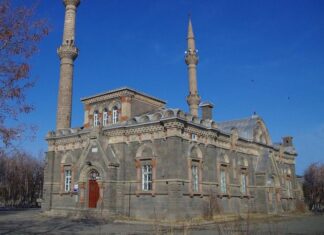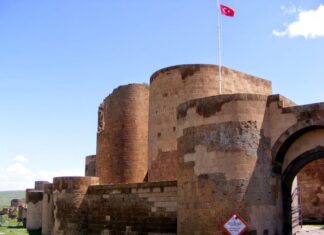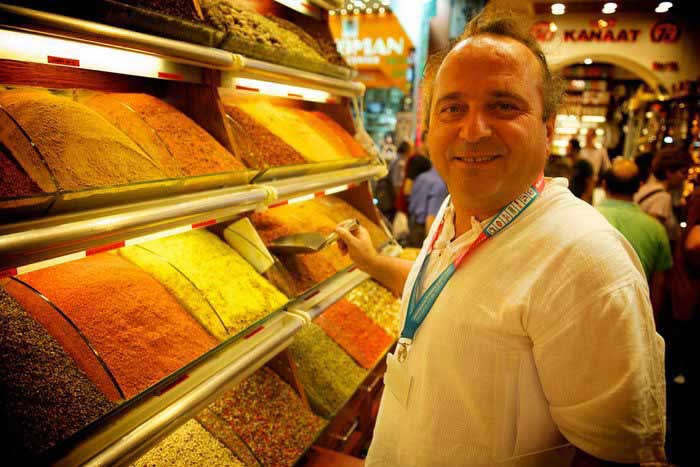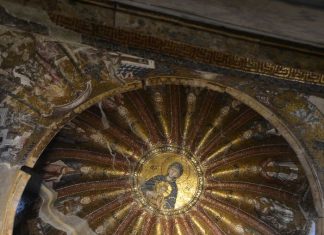The Egyptians Warning to the Greeks
When the Egyptians speak about the Greeks, they say nothing that is untrue. The Greeks depend entirely on rain from the sky for their...
Why the Account of Egypt Can Be Trusted
For these reasons, I believe the people from whom I received this account of Egypt, and I also strongly agree with their conclusions. My...
Distances Along the Nile
From the city of Heliopolis to Thebes, the journey up the Nile takes about nine days by boat. This stretch of river measures eighty-one...
West African Islands Major Ellis
Major Ellis, well known as the author of West African Sketches and other works, collected the notes from which this volume was prepared. His...
An Honor to American Opticians
Through the courtesy of Messrs. Alvan Clark & Sons, we are pleased to share an extract from a letter written to them by Dr....
West African Islands
Major Ellis, known for his book West African Sketches and other works, compiled detailed notes on the West African islands. His observations include information...
Commendation for the Church at Pergamum
In Pergamum, Jesus praised the believers for being faithful to His name. They stood strong in their belief in the deity of Christ despite...
Satan’s Throne in Pergamum
The reason Jesus said that Satan's throne was in Pergamum was because of the many heathen temples there. Most of these temples are in...
The Temple of Asklepios and Healing
Another famous temple in Pergamum was dedicated to the god Asklepios, the god of healing. Below the temple was the greatest hospital of the...
Galen’s Philosophical Insights
Pneuma: The Universal Spirit
Drawing from his philosophical studies, Galen concluded that various bodily functions were influenced by the Pneuma, or universal spirit. He envisioned...














